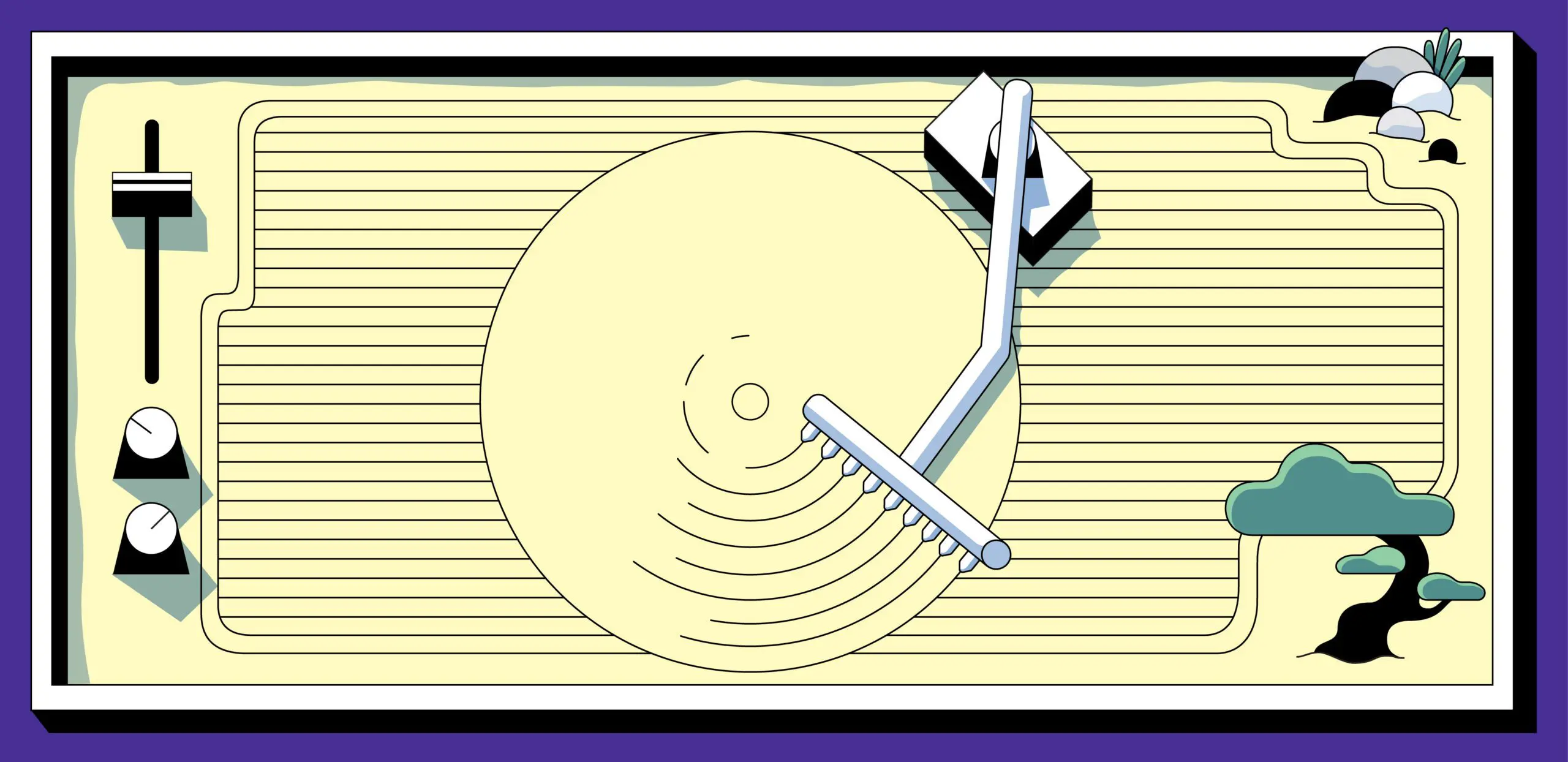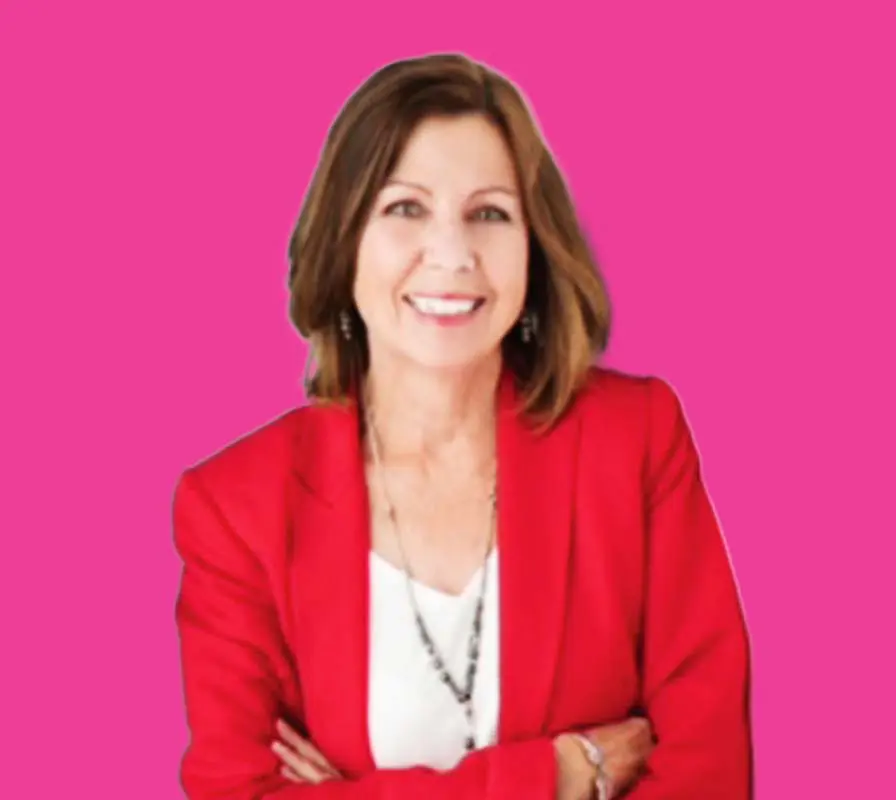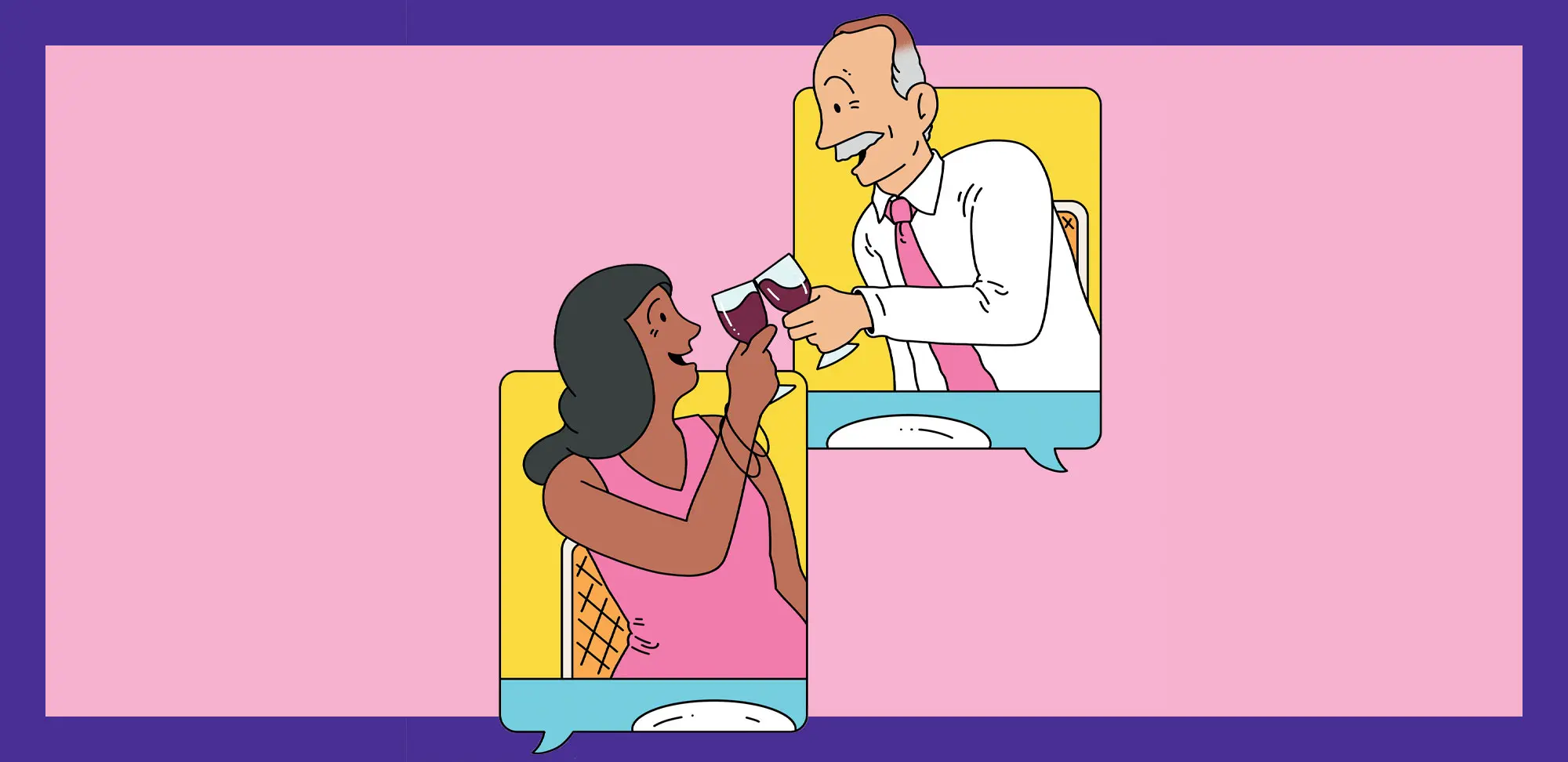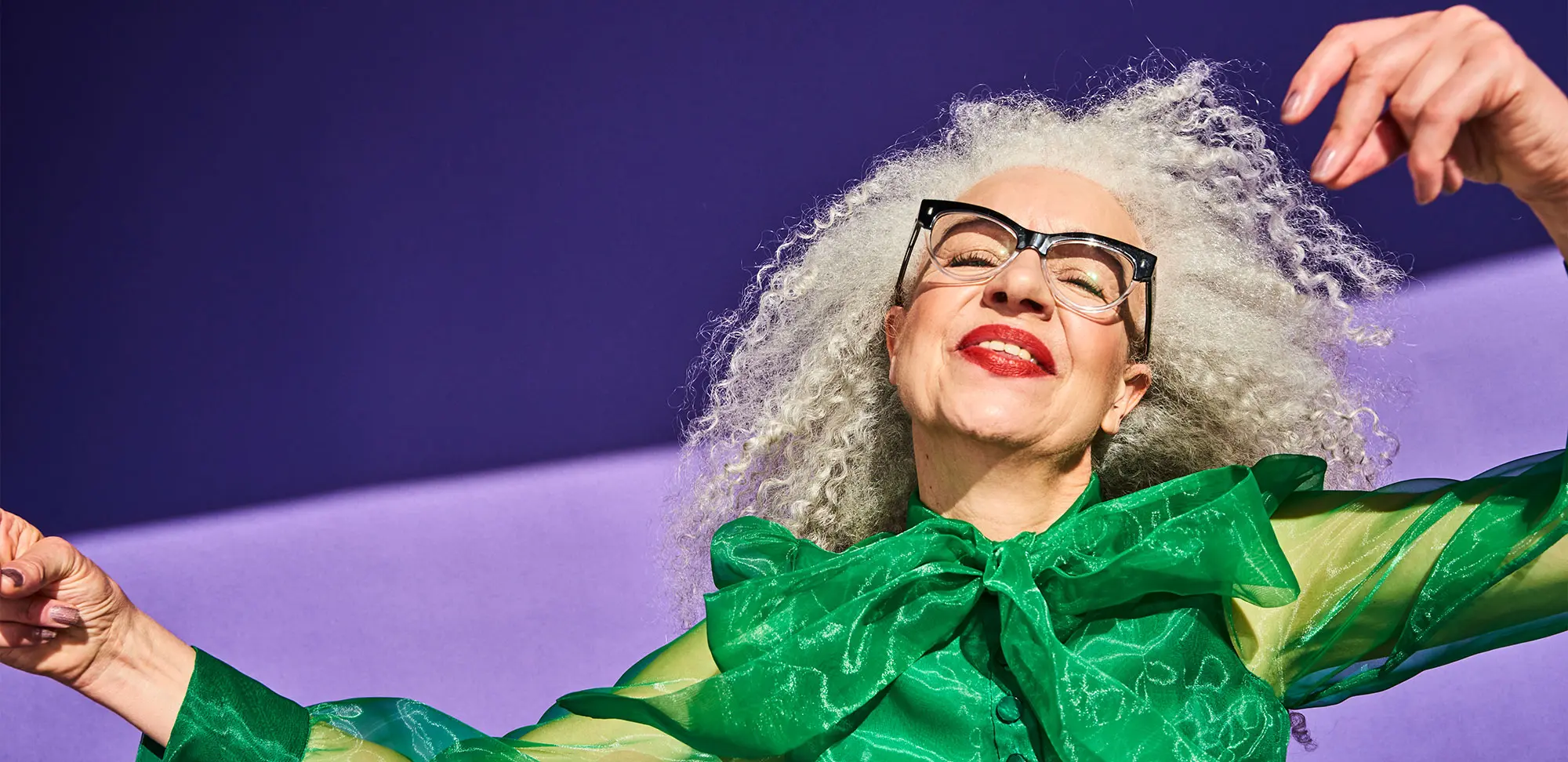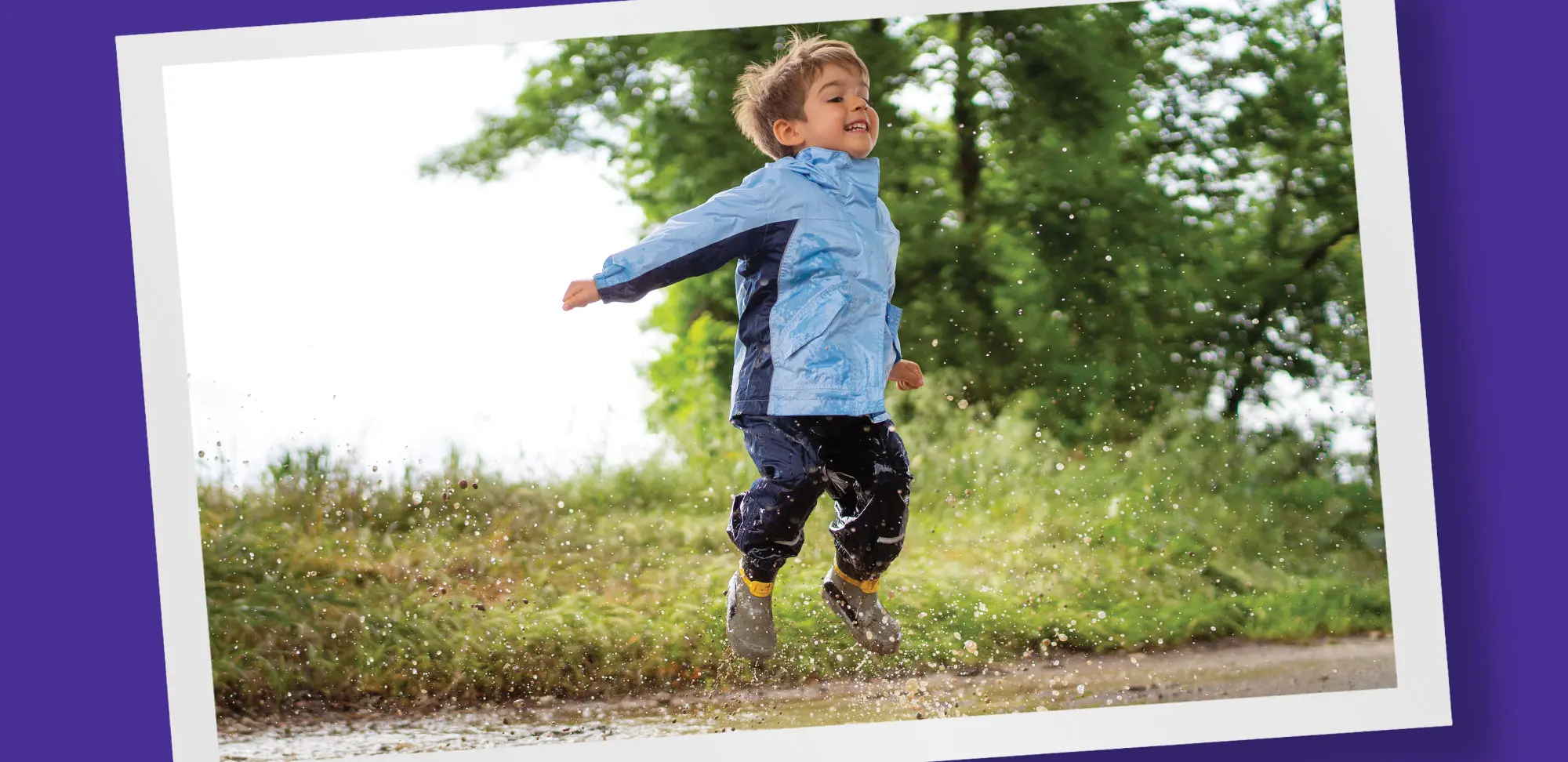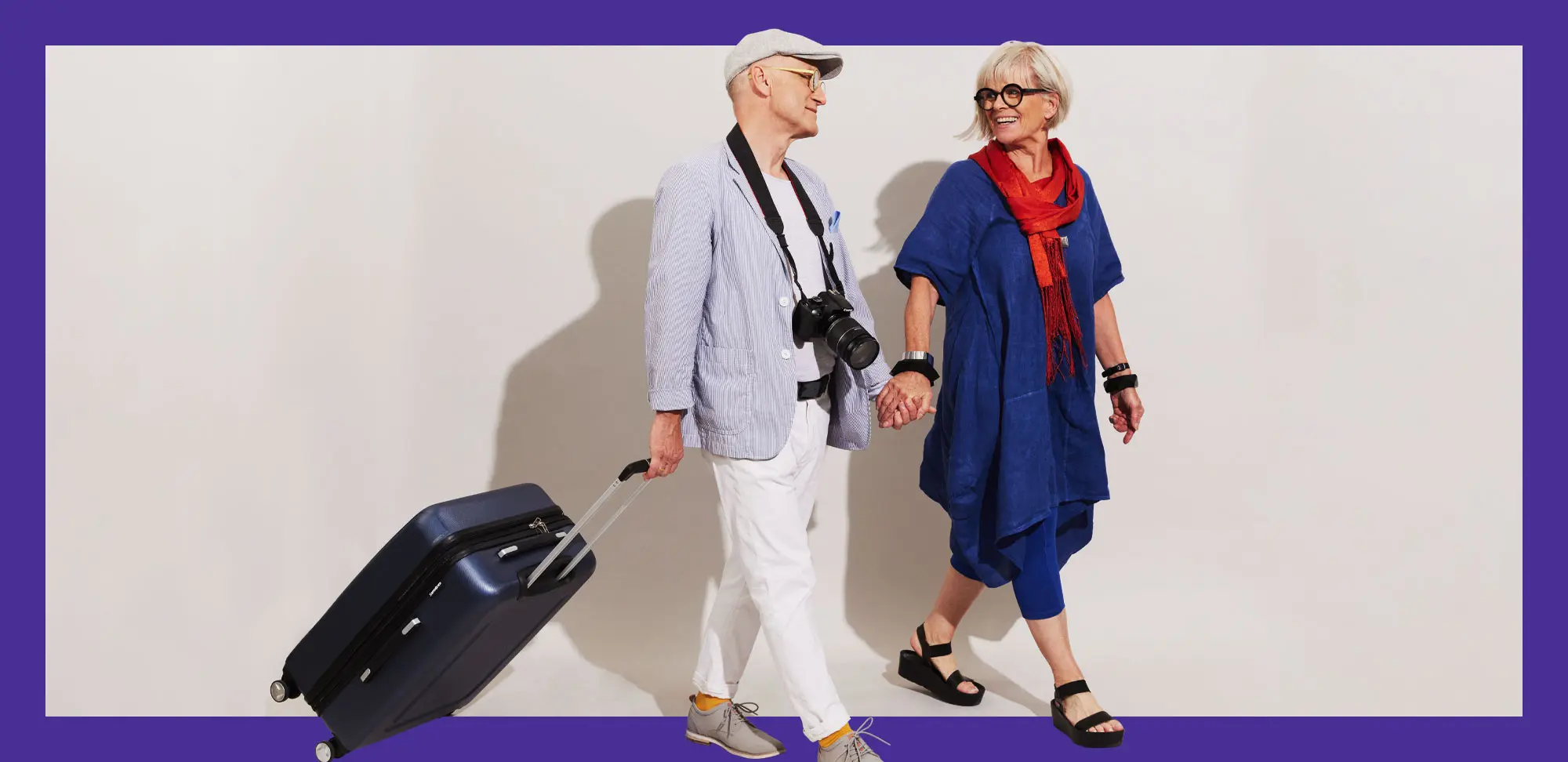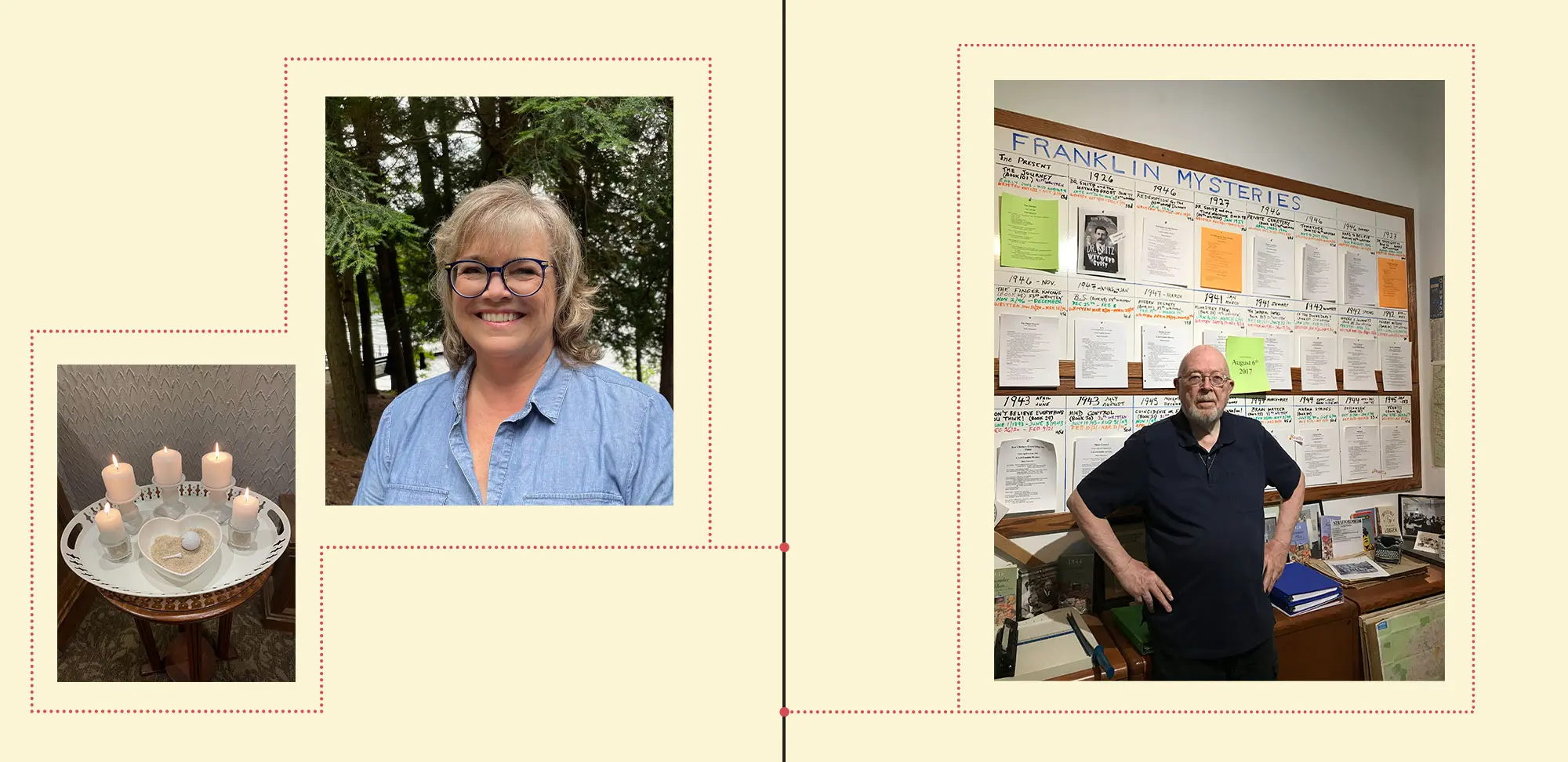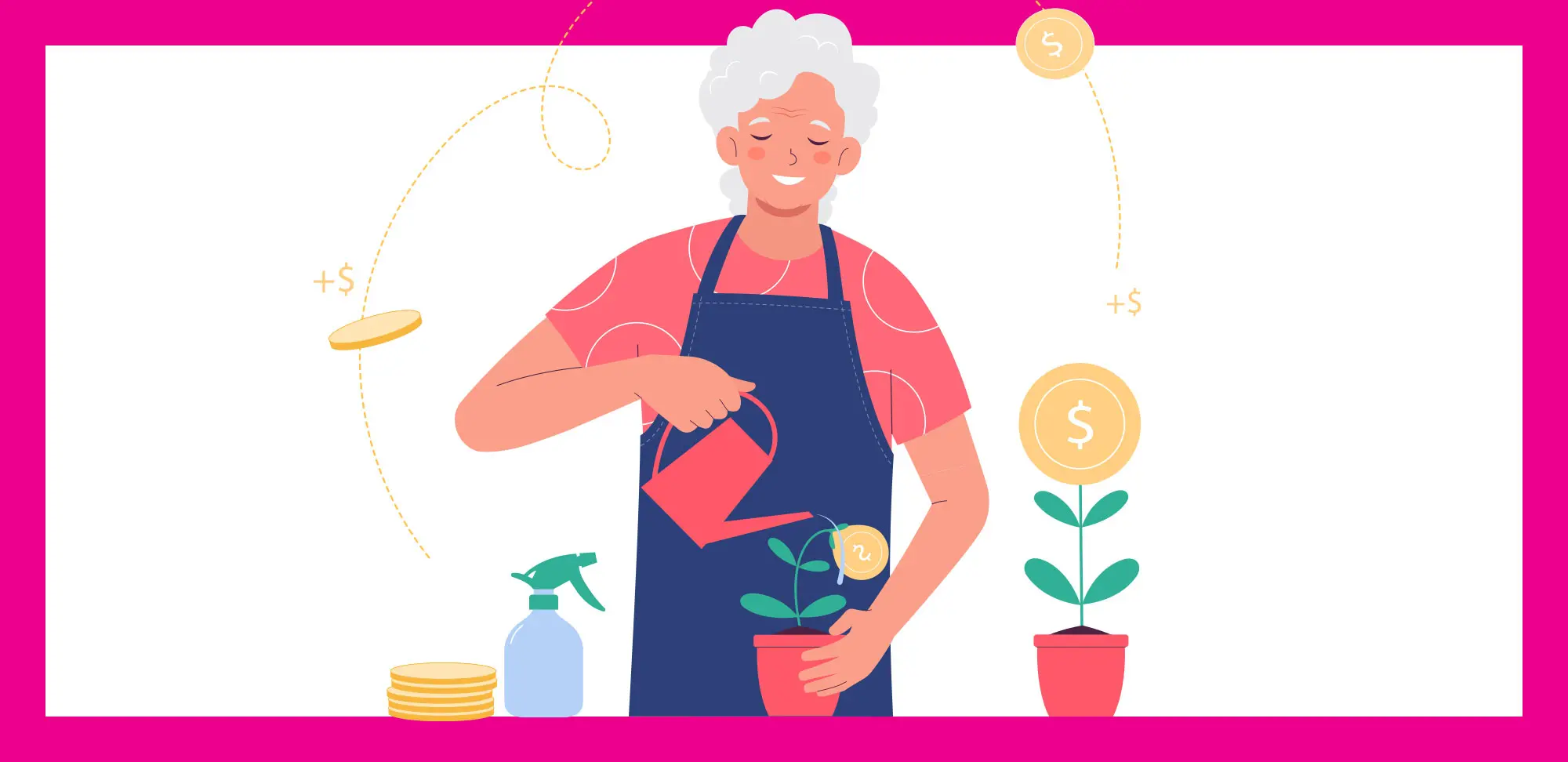Is there anything music can’t do? Not much.
Music can reconnect Alzheimer’s patients with the soundtrack of their lives, stirring pleasant memories and sparking a smile. Music helps those with Parkinson’s disease manage their emotions and become calm or energized. Music is used to help people who have had strokes or who have mobility issues or depression.
Certified music therapists use music purposefully to support development, health and well-being. Those who benefit include people with difficulties such as acquired brain injury, AIDS, developmental disabilities, anxiety and other mental health challenges, and pain.
The Global Council on Brain Health gathered experts in Washington, D.C., in February 2020 to examine the effects of music on the brain. They all agreed that engaging in music can support brain health as people age.
Perhaps most importantly, as the world recovers from the pandemic, music has been shown to lessen the effects of depression, anxiety and other mental health issues.
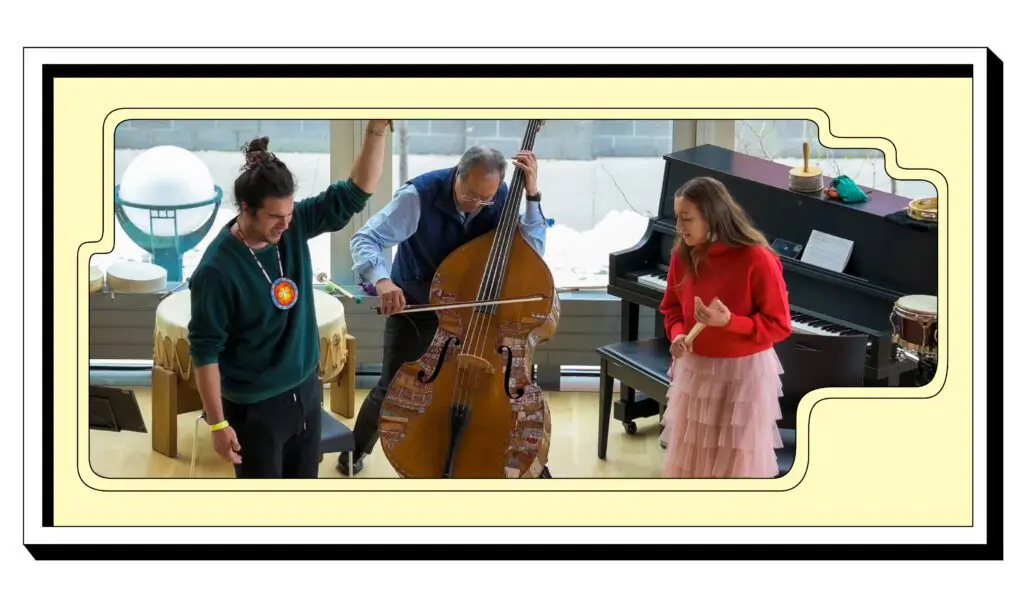
Who’s using music?
The Centre for Addiction and Mental Health (CAMH), Canada’s largest mental health teaching hospital, believes in the power of music. “Through music we can create meaningful connections between people and their stories, to help pave the path to recovery,” says Sarah Downey, president and chief executive officer of CAMH.
CAMH introduced mobile arts programming in 2018, bringing a small mobile recording studio to patients at the centre. The weekly program explores songwriting as a healthy form of self-expression and has engaged more than 1,100 patients. Over the pandemic, the in-person program switched to virtual, but a new permanent space is being created.
In a pilot in the winter of 2023, CAMH launched another music program, this one in partnership with the Toronto Symphony Orchestra (TSO). The Art of Healing program is a culturally responsive healing and wellness initiative supporting First Nations, Inuit and Métis patients at CAMH. The TSO is working with a Métis composer and Indigenous patients to support their healing through storytelling and musical composition, creating an original composition for the 2023/2024 season.
TSO has other music programs to reach diverse communities and support well-being. TSOUND Connections, for instance, uses music and technology to reach seniors in care to reduce social isolation. Created in response to the immediate and long-term effects of the pandemic, TSOUND connects seniors with a TSO musician for a 30-minute session of music and conversation over Zoom or Google Meet.
The Vancouver Symphony Orchestra and the TSO both offer “relaxed performances,” designed to be more welcoming for neurodiverse patrons and those with dementia, ADHD or sensory and communication disorders. The shorter, casual performances provide a sensory-friendly experience: people can move around and have access to sound-dampening headphones and quiet spaces.
The National Music Centre, in Calgary, launched two weekly music therapy drop-in programs in 2022 for seniors and others navigating life transitions. Participants in FunDrum learn and enjoy singing and drumming in a circle, while those in HealthSong sing, create playlists, analyze lyrics and find the music that keeps them feeling connected.
Put music to work for you
You don’t need an official program to benefit from music. In its Music on Our Minds: The Rich Potential of Music to Promote Brain Health and Mental Well-Being report, the Global Council on Brain Health suggests we build music into our lives to promote mental well-being, increase social connection and stimulate thinking skills.
Here are a few ways to make the most of music:
- Dance, sing or move to music — alone or with friends and family, in person or virtually.
- Listen to music you know and like.
- Listen to new music; experiment with suggestions from music apps like Spotify.
- Make playlists that help you feel calm or energized.
- Exercise to music.
- Learn to play a musical instrument.
- Sing along — loudly — to one song each day.
Whether you’re into country or classical, rock or rap, music is good for you. Have you given it a try?
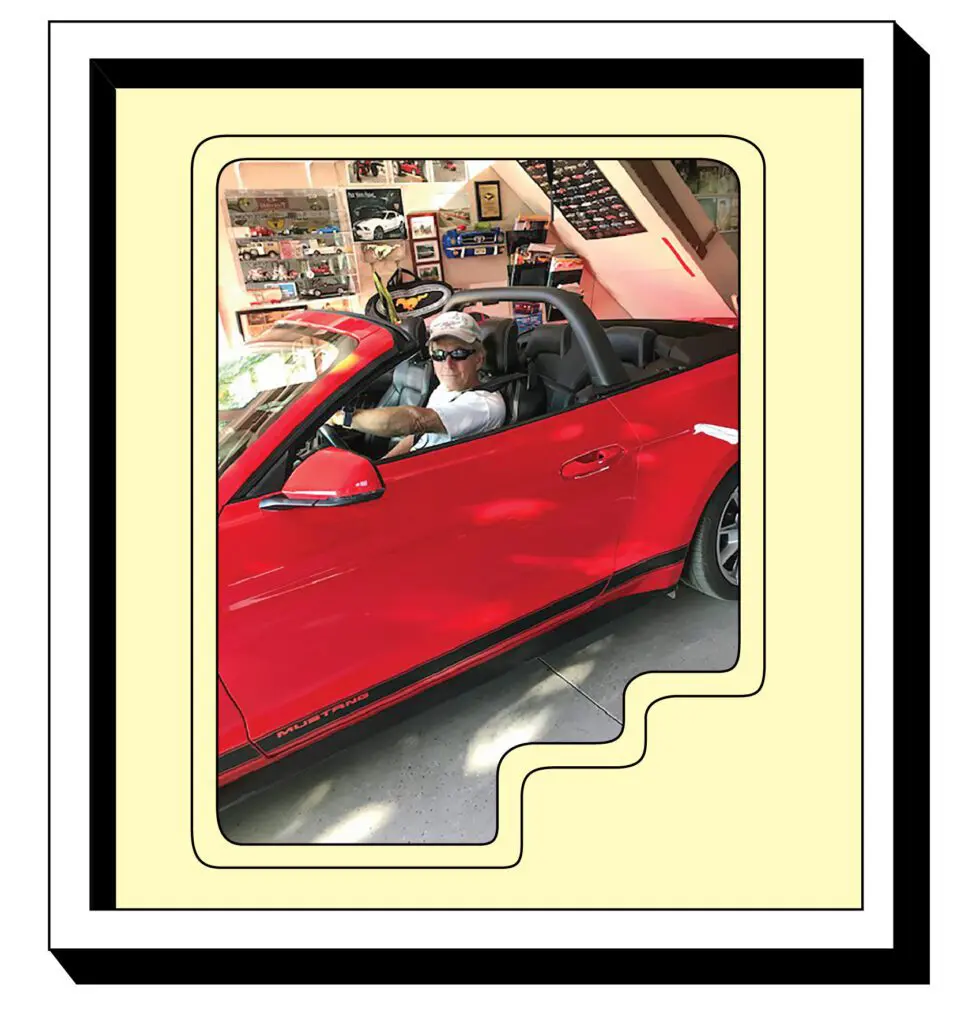
RTOERO members sing the praises of music
As a music lover and social worker for 40 years, Joyce Thompson (District 28 Region of Durham) says that when it comes to mental health, music appreciation can be both a protective and replenishing factor. “Music and art therapy have been shown to be helpful wellness tools,” she says. “I always ask clients about what they love to do, and music is always on the list. Music can be the best company, whether you’re alone or in a crowd. At the same time, some music can be uplifting, and other music may feel draining. For those struggling with depression, it is helpful that they prioritize ‘feel better’ music and take care about the lyrics they are listening to.”
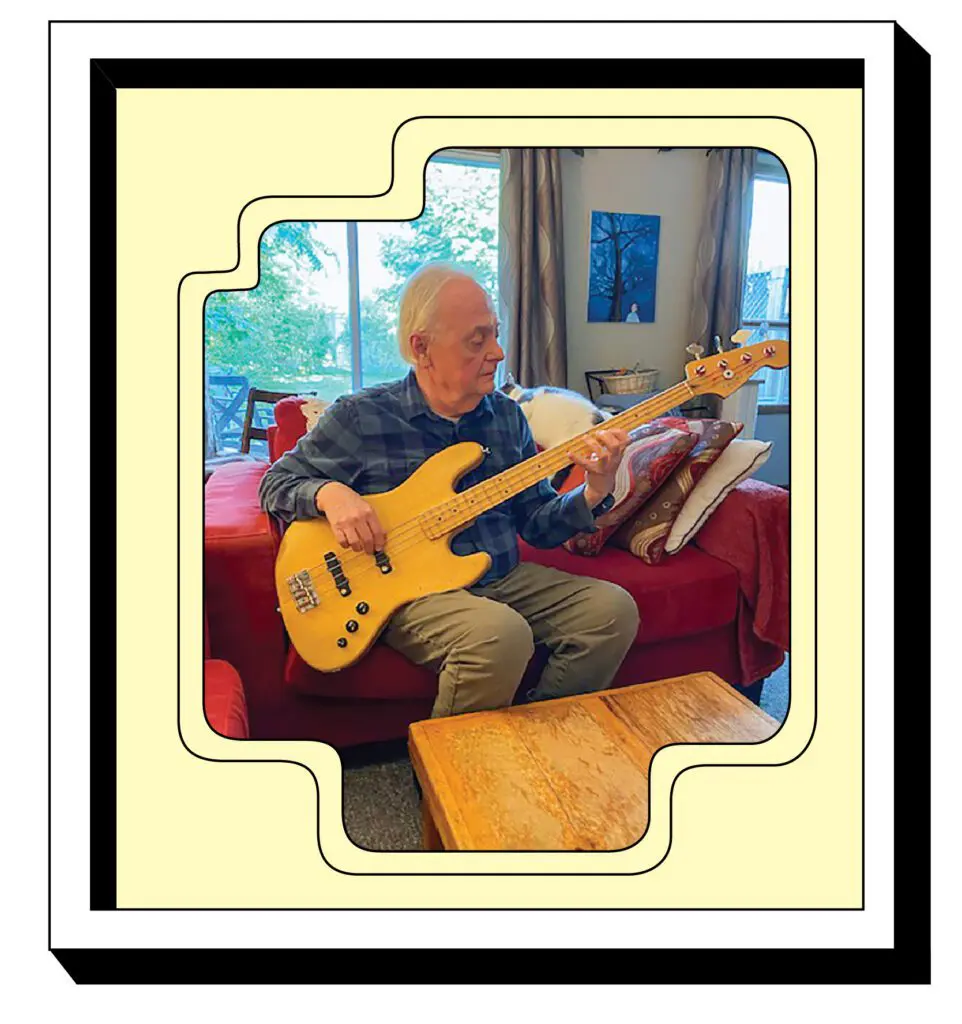
David Fox (District 19 Hastings and Prince Edward) has always been “picked up” by certain familiar songs. “Music calms the soul and can rejuvenate a person’s mood,” he says. He and his wife also love to dance, and when they hear certain songs, “no matter who we are talking to at a dance or in a bar, up we get!” Fox points out that school music programs are critical to having well-rounded students, especially now with so many mental health issues. “It saddens me when I see the programs lacking today compared to what we had in my earlier years of teaching.”
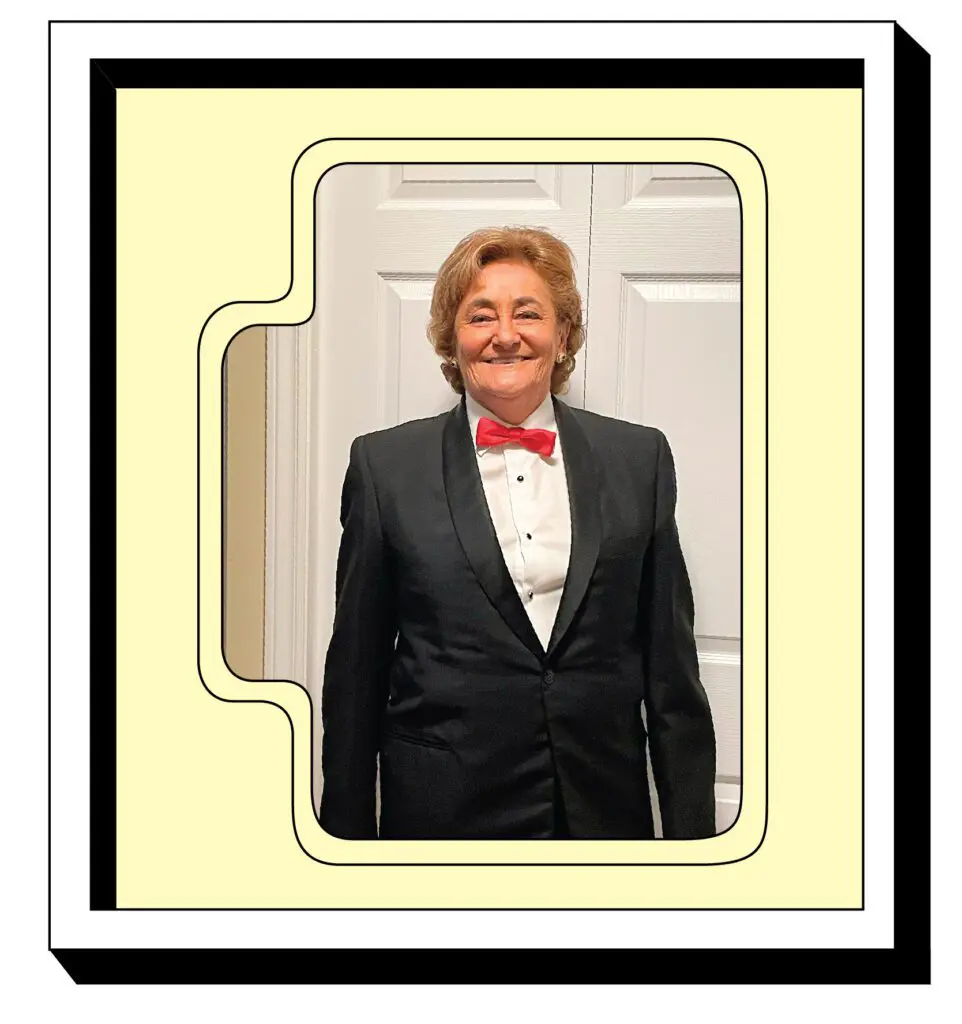
Pat Messner (District 29 Lanark) is a professional musician who plays percussion, timpani and drums. At one time, she played with the National Arts Centre orchestra; these days, she plays with local symphonies and in dinner theatre performances. Before becoming a teacher, she was also a world-champion water skier, her career ended by injuries and surgeries. Music helped her relax or get pumped up before competing then and helps her deal with aches and pains now. “Music is extremely powerful,” she says. “It can change people’s moods and can bring you up when you’re feeling down. It also brings people together, as it did with groups of neighbours and porch concerts over the pandemic.”
